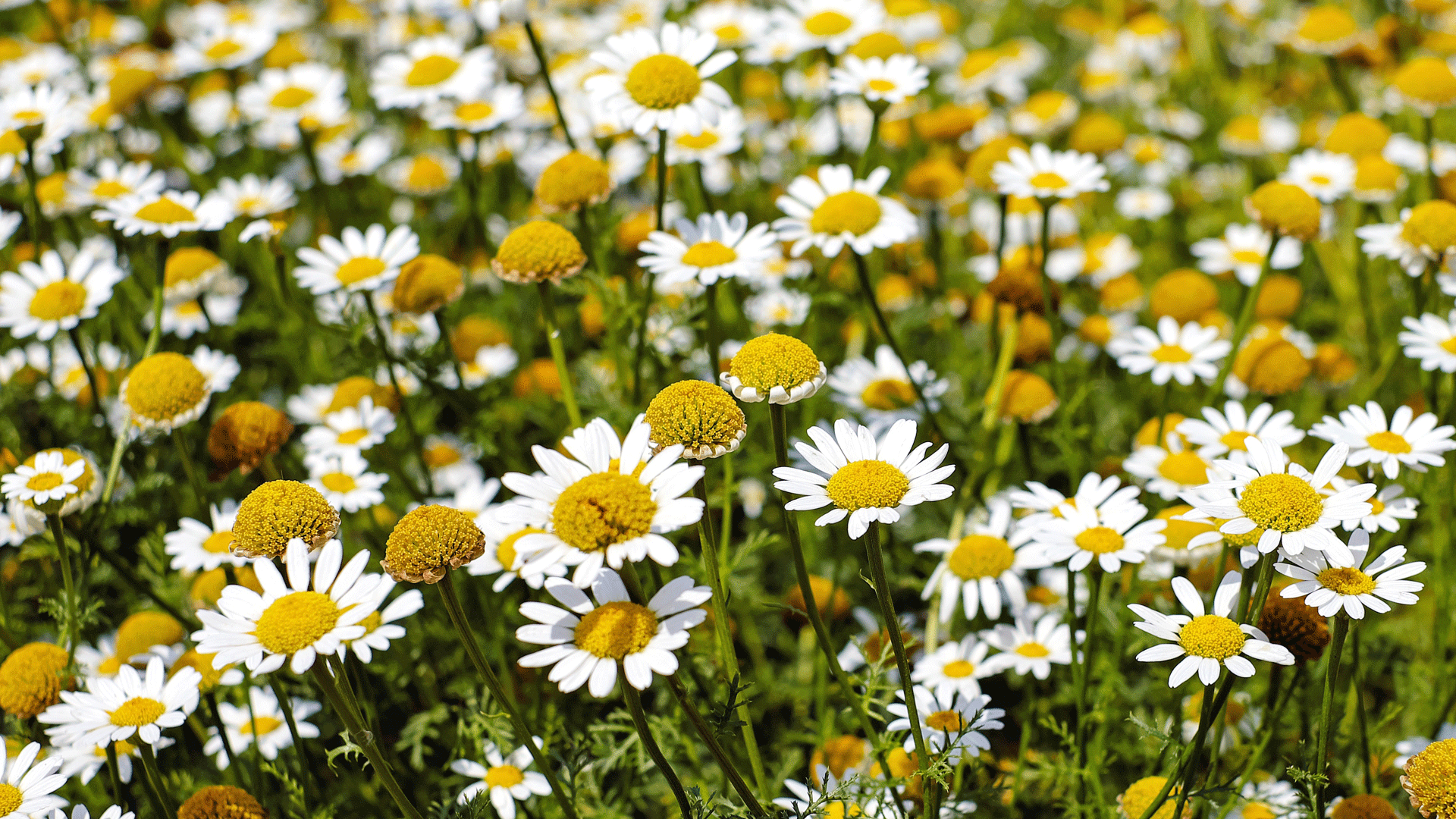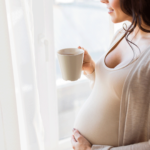
25 Nov How To Have An Eco-Friendly Pregnancy
It’s easier to be green during pregnancy than you might think. So here are some ways to have an eco-friendly pregnancy and reduce your carbon footprint.
Home Cleaning And Beauty
Most cleaning products are unsafe for pregnant women or need to be used with care to avoid being inhaled or absorbed through the skin. However, there are plenty of eco-friendly products that contain natural ingredients such as lemon, vinegar and eucalyptus, which pose less of a health risk and smell great, too. “Chemicals can linger in your home for many months, so don’t wait until your baby is born to use natural cleaners,” says Beverley Scheepers from Home And Life Organising, who helps expecting parents plan and prepare for a baby, with a focus on eco-friendly and healthy options.
When it comes to pregnancy and nursing beauty products, such as stretch-mark cream and nipple cream, all-natural products are easy to find. There are also many non-toxic alternatives to beauty products that aren’t safe to use during pregnancy, such as nail-polish remover and hair dye.
Decorating
There are many ways you can decorate your nursery in an eco-friendly way. “If painting your nursery space, use a low-VOC (volatile organic compounds) paint,” says Natasha Dumais, co-founder of eco-friendly nursery furnishing brand Ubabub. “VOC is a chemical additive that can contribute to atmospheric pollution.” This also applies when choosing storage. Many cabinets contain toxic materials, so always look for low-VOC products.
You can brighten the nursery with LED lighting. This form of illumination lasts longer and uses less energy than other options. Choose bed linen and mattresses made from eco-cotton, hemp, bamboo or other natural and materials that haven’t been treated with chemicals. Timber is ideal for cots as it’s a renewable resource that will provide a long-lasting option.
Food
While there are nutritional guidelines for pregnant women to follow in Australia, it can be hard to completely avoid processed food. Foods grown organically that are free of pesticides, and free-range meat, poultry and eggs are both safe and eco-friendly. They promote sustainability practices and animal welfare, and often contain less hormones.
Words by Brooke Tasovac




